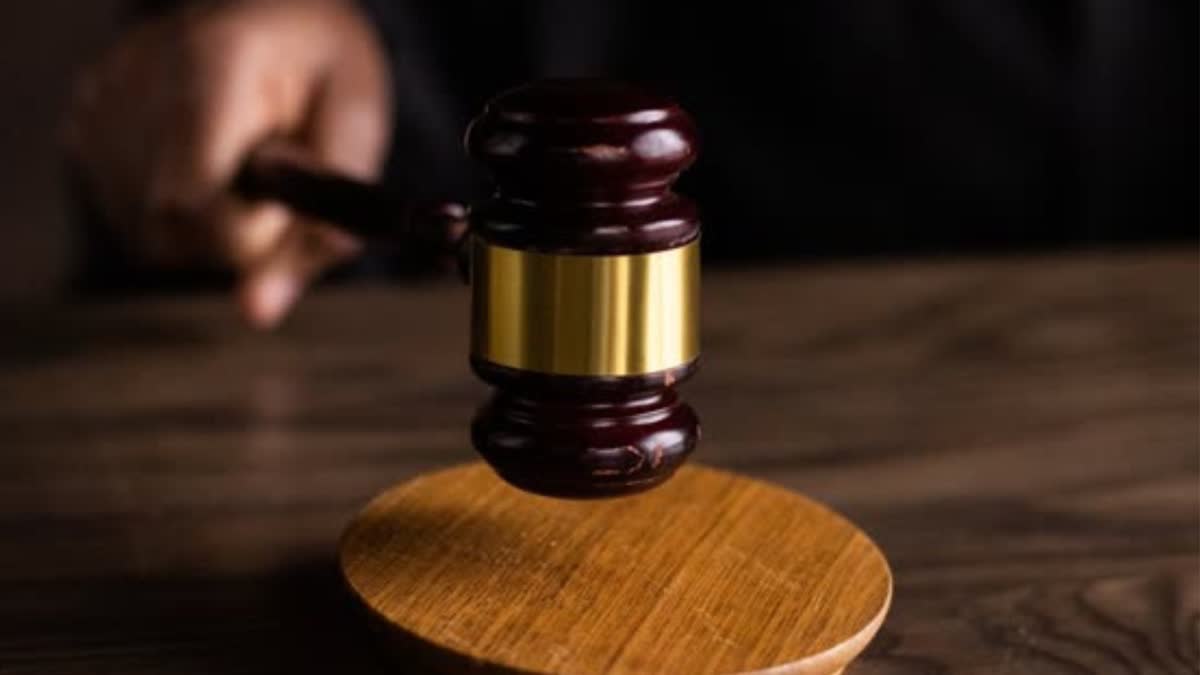New Delhi: The Supreme Court has observed that it is a social obligation for both sons and daughters to maintain their parents while quashing a gift deed and restoring a property to a mother whose son had ill-treated her and his father after receiving the property.
A bench comprising justices CT Ravikumar and Sanjay Karol said tribunals constituted under the Maintenance and Welfare of Parents and Senior Citizens Act, 2007, are authorized to order the restoration of the property to parents if their children fail to fulfil their obligation.
The apex court quashed a gift deed and restored the property to a mother. The mother had alleged that she and her husband were attacked by her son over property and that the love and affection between the parties had completely ended. She moved the court to set aside the gift deed.
The bench stressed that Section 23 of the 2007 Act must be interpreted in line with its statement of objects and reasons, which highlights an urgent need to protect senior citizens from emotional disregard and guard them against lack of financial support.
“It is apparent, that the Act is a beneficial piece of legislation, aimed at securing the rights of senior citizens, given the challenges faced by them. It is in this backdrop that the Act must be interpreted and a construction that advances the remedies of the Act must be adopted”, said the bench.
The bench said it must be cognizant of the larger issue that this case presents, i.e., the care of senior citizens in our society. “This court in Vijaya Manohar Arbat Dr v. Kashirao Rajaram Sawai and Anr. (1987) highlighted that it is a social obligation for both sons and daughters to maintain their parents when they are unable to do so”, said the bench.
Citing Badshah v. Urmila Badshah Godse and Anr. (2014), the bench said this court observed that when a case pertaining to the maintenance of parents or wife is being considered, the court is bound to advance the cause of social justice of such marginalised groups, in furtherance of the constitutional vision enshrined in the preamble.
The bench, citing the ruling in S. Vanitha (2021), said this court had observed that tribunals under the Act may order eviction if it is necessary and expedient to ensure the protection of the senior citizen. “Therefore, it cannot be said that the tribunals constituted under the Act, while exercising jurisdiction under Section 23, cannot order possession to be transferred. This would defeat the purpose and object of the Act, which is to provide speedy, simple and inexpensive remedies for the elderly”, said the bench.
The apex court said the single judge of the high court and the tribunals below had rightly held the gift deed can be cancelled since the conditions for the well-being of the senior citizens were not complied with.
The bench, in a judgment delivered on January 2, said, in its considered view, the relief available to senior citizens under Section 23 is intrinsically linked with the statement of objects and reasons of the Act, that elderly citizens of our country, in some cases, are not being looked after. “It is directly in furtherance of the objectives of the Act and empowers senior citizens to secure their rights promptly when they transfer a property subject to the condition of being maintained by the transferee”, said the bench.
The apex court’s ruling came on a case pertaining to a woman who had transferred her property to her son through a gift deed in 2019, subject to the condition that he would take care of her and his father. On the same day, a vachan patra / promissory note is executed by the son wherein it has been stated that he will take care of the mother till the end of her life and if he does not do so, the mother will be at liberty to take back the gift deed. The son claimed that this note was fabricated.
The mother on December 24, 2020, filed an application under Sections 22 and 23 of the Act before the sub-divisional magistrate, Chhatarpur, alleging that she and her husband were attacked by the son for further transfer of property and that the love and affection between the parties has completely ended. She prayed for setting aside the gift deed in question. The application was allowed. The respondents preferred an appeal against the order, which was dismissed in April 2022. The single judge of the high court also ruled in favour of the parents, however a division bench of the high court set aside the judgment of the single bench. The mother moved the apex court against the high court order.
The apex court set aside the judgment delivered by the division bench. “Consequently, the Gift Deed dated 07.09.2019 is quashed. In the attending facts and circumstances of this case, the Appeal is allowed. Possession of the premises shall be restored to the Appellant by 28.02.2025”, said the apex court.
Also Read



